Hot Water and Cool Air
heat-pump water heaters are very efficient because they transfer heat rather than creating it.
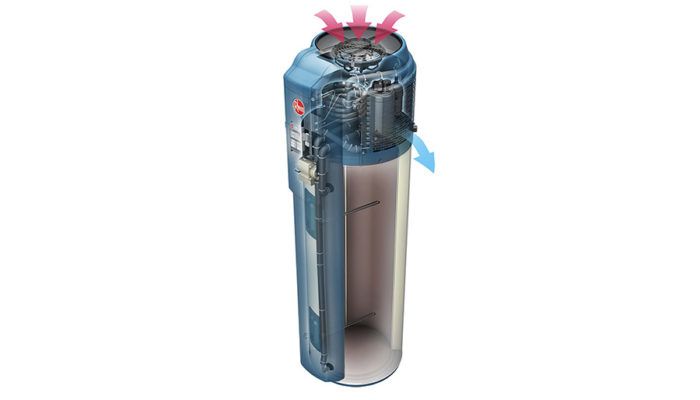
In an all-electric house, a heat-pump water heater (HPWH) is the natural choice. Just like air conditioners, HPWHs rely on refrigerant phase changes to transfer heat from the surrounding air to the water in the tank. The by-product is cooler, less humid air. Because they transfer heat rather than creating heat, these water heaters are very efficient, with energy factors as high as 3.39—effectively producing $3.39 worth of energy from $1 of electricity. To overcome the slow recovery rate, an electrical-resistance heating element can be used in place of the heat pump or to supplement it.




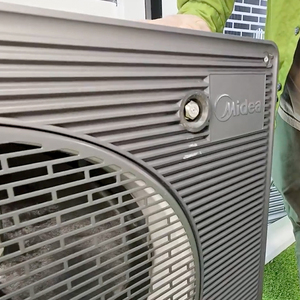





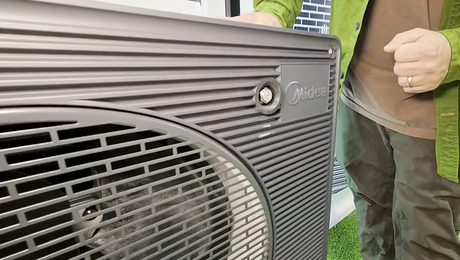
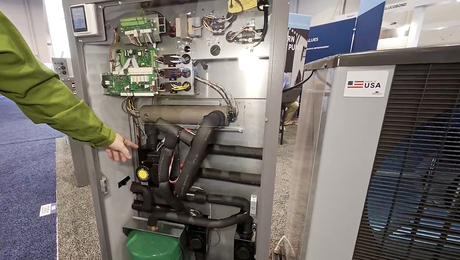
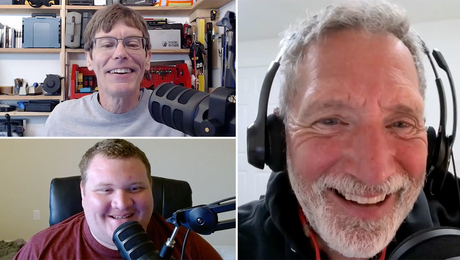
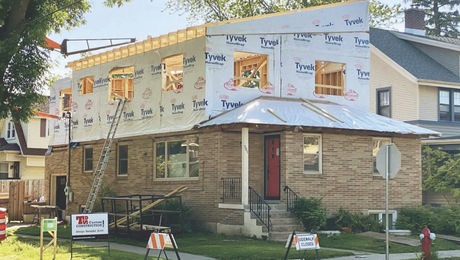










View Comments
The by-product is cooler, less humid air, which is great if you live in Houston in the summer. Detroit in the winter? Not so much.
It's important to remember there ain't no such thing as a free lunch. For a heat pump to work, you have to have heat. If that heat is coming from a Texas summer, no problem. If it's coming from a heated home in a Detroit winter, you have to pay more to heat the home. TANSTAAFL
Also, an HPWH is a very complex electro-mechanical device, expensive to buy and potentially expensive to maintain.
I won't go so far as to say that HPWHs are a hoax, but I'm not buying or recommending them until I see some very thorough analysis, which I've seen no sign of so far. The analysis needs to consider all pertinent energy prices, usually electricity & gas, purchase, installation & maintenance costs for various options, installed locations and local climate. An HPWH in winter in Detroit, in a an oil-heated basement w/ a 65% efficient furnace is a financial disaster. In Houston, in the summer, in your kitchen, it might be pretty energy-efficient, but it's still going to be expensive to purchase, install and maintain.